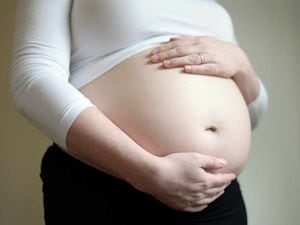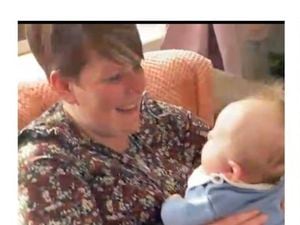Sandwell maternity services 'among worst in country'
Maternity services in a borough have been rated among the worst in the country - by mothers who have used them.

The trust which runs Sandwell and City Hospitals has been judged to be among three worst performing in the country following a survey, according to watchdog the Care Quality Commission (CQC).
Bosses at the Sandwell and West Birmingham NHS Trust have apologised to women who did not receive the level of care they expected.
However, health officials also pointed to a low response rate of just 24 per cent, which they suggested could have impacted on the results.
Women were asked their views in a range of areas on maternity as part of the 2017 Maternity Experience Survey, including whether they were satisfied with their care and if they had been left alone at any point while giving birth.
The Sandwell and West Birmingham NHS Trust said it had launched a fresh survey in the hope of reaching more mothers.
The CQC's Chief Inspector of Hospitals, Professor Edward Baker, has written to the trust over the concerning results. The other trusts deemed to be much worse than expected were Rotherham and Barts Health Trust in London.
Rachel Carter, director of midwifery at the Sandwell trust, said: “Although disappointed with the response rate of this survey, we are happy to receive both positive comments and suggestions for improvement.
"In particular, we were pleased to see an improvement since the previous survey from 2015 in relation to the length of time women have during antenatal appointments to ask questions or discuss their pregnancy and that they felt listened to with personalised advice then being given.
"We also heard that the involvement of their birth partner in their care during pregnancy and labour was good, that being asked about emotional wellbeing during and after pregnancy and the cleanliness of the hospital room or ward were also improved.
“The response rate was much less than we would have hoped at only 24 per cent, and we recognise that our diverse population were not well represented in the survey and have raised the issue of accessibility to the survey leads in the hope that the survey this year will be more inclusive. I am however sorry to those women whose experience of our care did not reflect the positive experience that we strive to achieve; we are committed to working together to improve on this."
Nationally, the survey found women's experience of childbirth was improving but almost one in four said they had been left without a doctor or midwife during birth.





